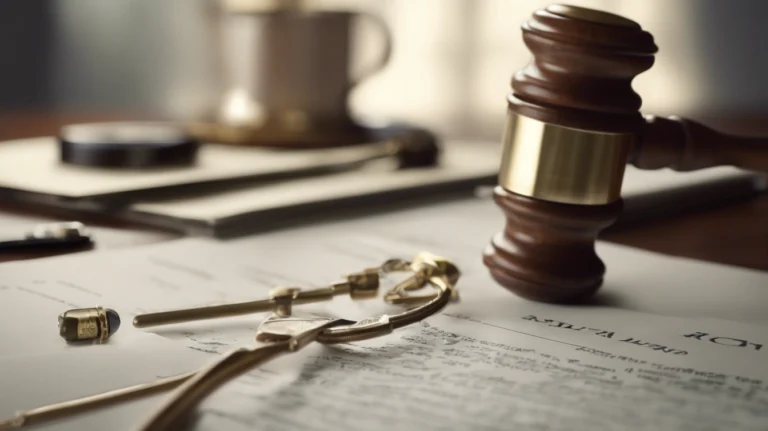
Understanding Estate Planning
Understanding Estate Planning in NYC Estate planning is a critical process that involves organizing your assets and making arrangements for how they will be managed
Home » Estate Plan » Page 13

Understanding Estate Planning in NYC Estate planning is a critical process that involves organizing your assets and making arrangements for how they will be managed

Estate planning is more than just writing a will; it’s about protecting your legacy, securing your family’s future, and ensuring your wishes are honored. While

Estate planning is a crucial step in securing your family’s future and ensuring that your assets are distributed according to your wishes. However, many individuals
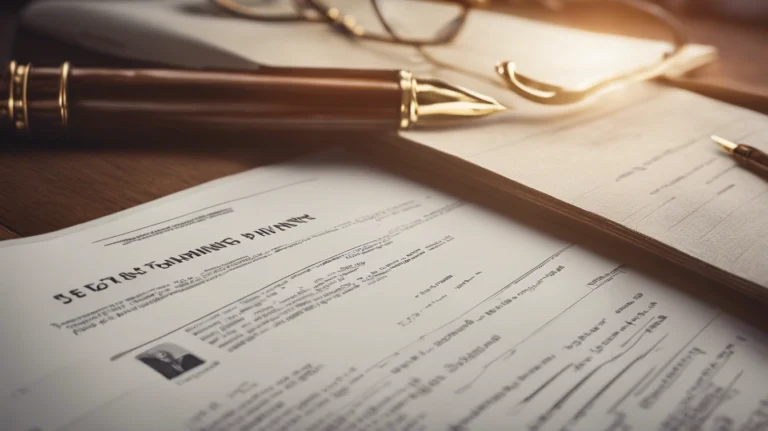
Do Estate Plan Documents Prevent Probate in New York? When it comes to estate planning, many individuals seek ways to simplify the transfer of their
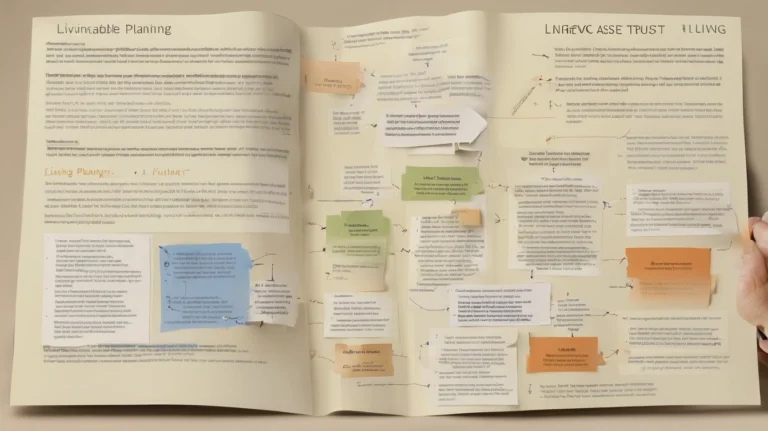
Living Trust as an Essential Estate Document in New York Estate planning is an important step in securing your financial future and protecting your assets

Estate Planning for Vacation Homes in New York Owning a vacation home can be one of the most rewarding investments. It provides a retreat for

Errors of Estate Planning Through Digital Means in New York At Morgan Legal Group, located in New York City, we specialize in estate planning, probate,
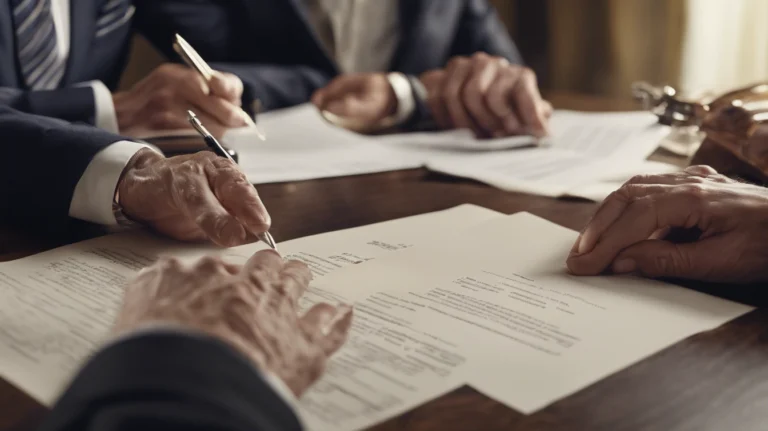
How Are Trusts and Wills Different in Estate Planning in New York? At Morgan Legal Group, located in New York City, we specialize in estate

Estate Planning at Different Ages At Morgan Legal Group, located in New York City, we specialize in estate planning, probate, guardianship, elder law, wills, and
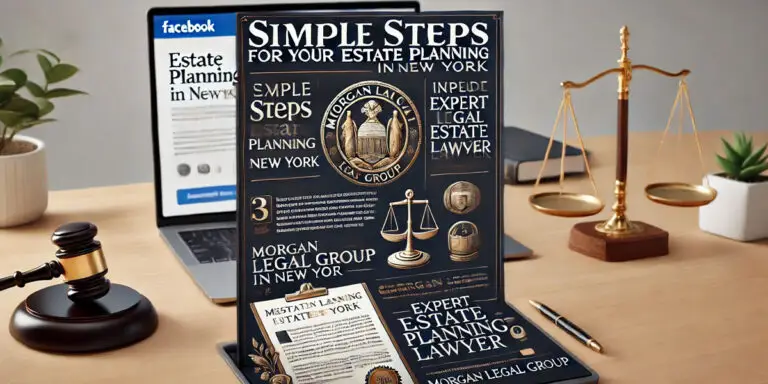
Simple Steps for Your Estate Planning in New York At Morgan Legal Group, located in New York City, we specialize in estate planning, probate, guardianship,